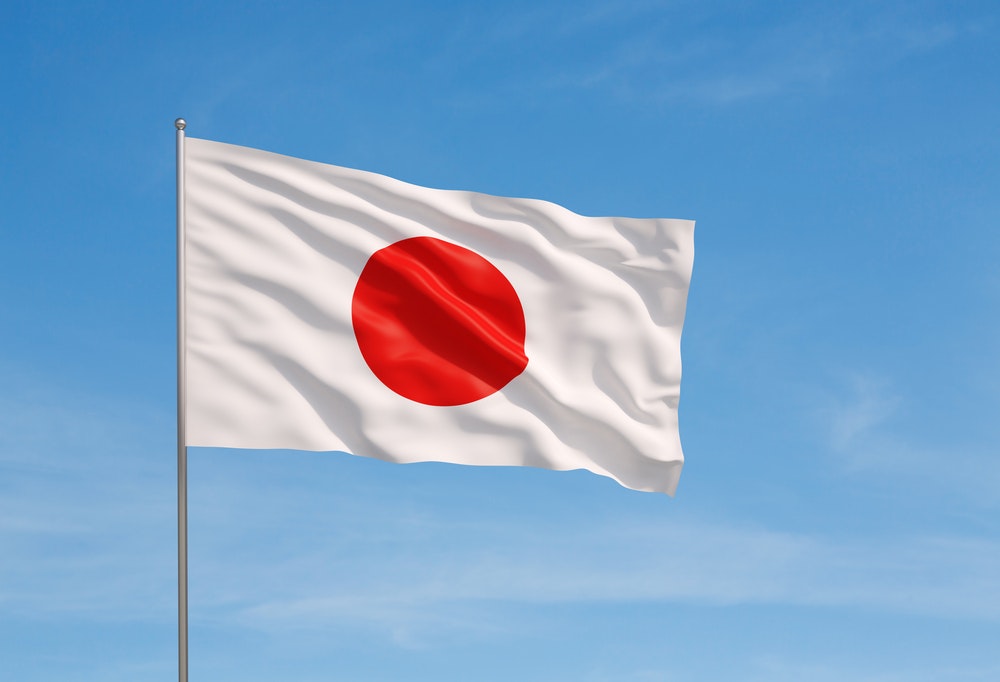Lokavant to open regional HQ in Japan as part of APAC expansion

Clinical trial intelligence firm Lokavant says recent investment from Mitsui & Co will fund expansion across the Asia-Pacific (APAC).
Tokyo-based Mitsui & Co. Ltd made $8 million last week. According to Lokavant, the money will be spent on growing its operations in the region, which will include the opening of a local headquarters in the Japanese capital.
According to Lokavant, Mitsui’s investment is the culmination of a yearlong effort between the two companies, which included extensive due diligence of the global clinical trials landscape.
In addition to the investment, Mitsui has pledged operational support, including business development, staffing, and product localization to expand Lokavant’s breadth in APAC after an initial focus on Japan.
CEO, Rohit Nambisan said “Lokavant’s platform has driven significant value to pharmaceutical sponsors and CROs on global clinical trials, and with exceptional validation of the platform in Japan, it is a natural next step to launch Lokavant Asia.
He added “With a distinguished track record in international business and a rapidly growing reputation in life sciences innovation, Mitsui & Co is the ideal strategic partner for the creation of Lokavant AsiaPac.”
Lokavant already counts CMIC Group, the largest contract research organization (CRO) in Japan, as a customer. The deal, which was establish in 2021, sees CMIC Lokavant’s ‘Oversight’ monitoring and operational risk management platform for all the studies it runs on behalf of industry clients.
Mitsui joins existing investors that include Edison Partners and Roivant Sciences. In total, Lokavant has raised a total of $29 million to expand its intelligence technology for additional applications – from trial participant diversity modelling to site feasibility planning.
In August the company launched a study planning solution. The solution, which is designed to help sponsors and CROs identify the right number, location, and mix of sites for key performance and diversity milestones, as well as other feasibility goals.
It is built on information from more than 2,000 studies involving more than 14,000 investigators, 12,000 healthcare institutions, as well as real-world data (RWD) sources.
DepositPhotos/denisismagilov